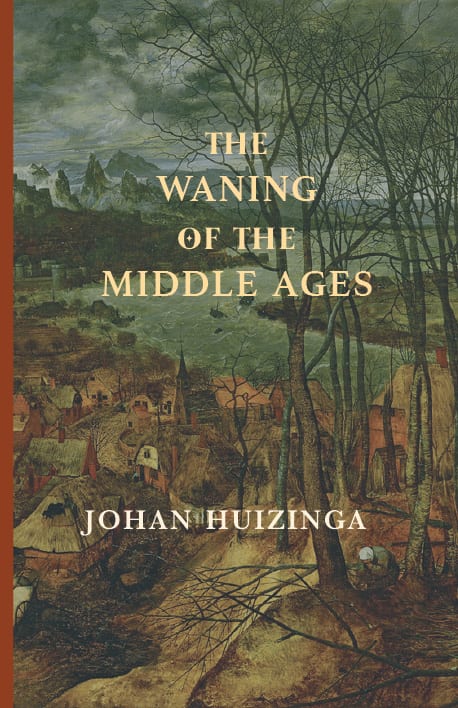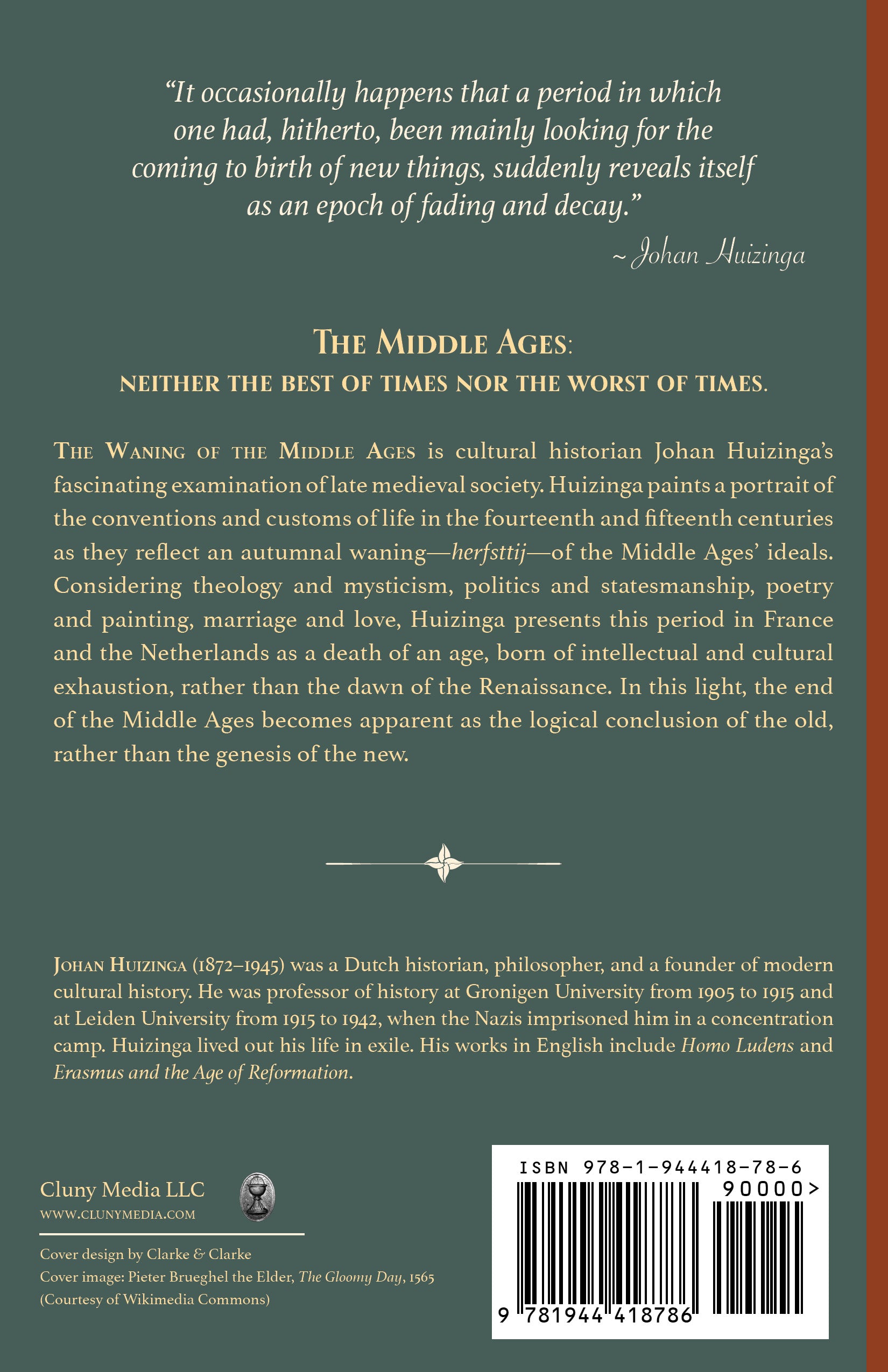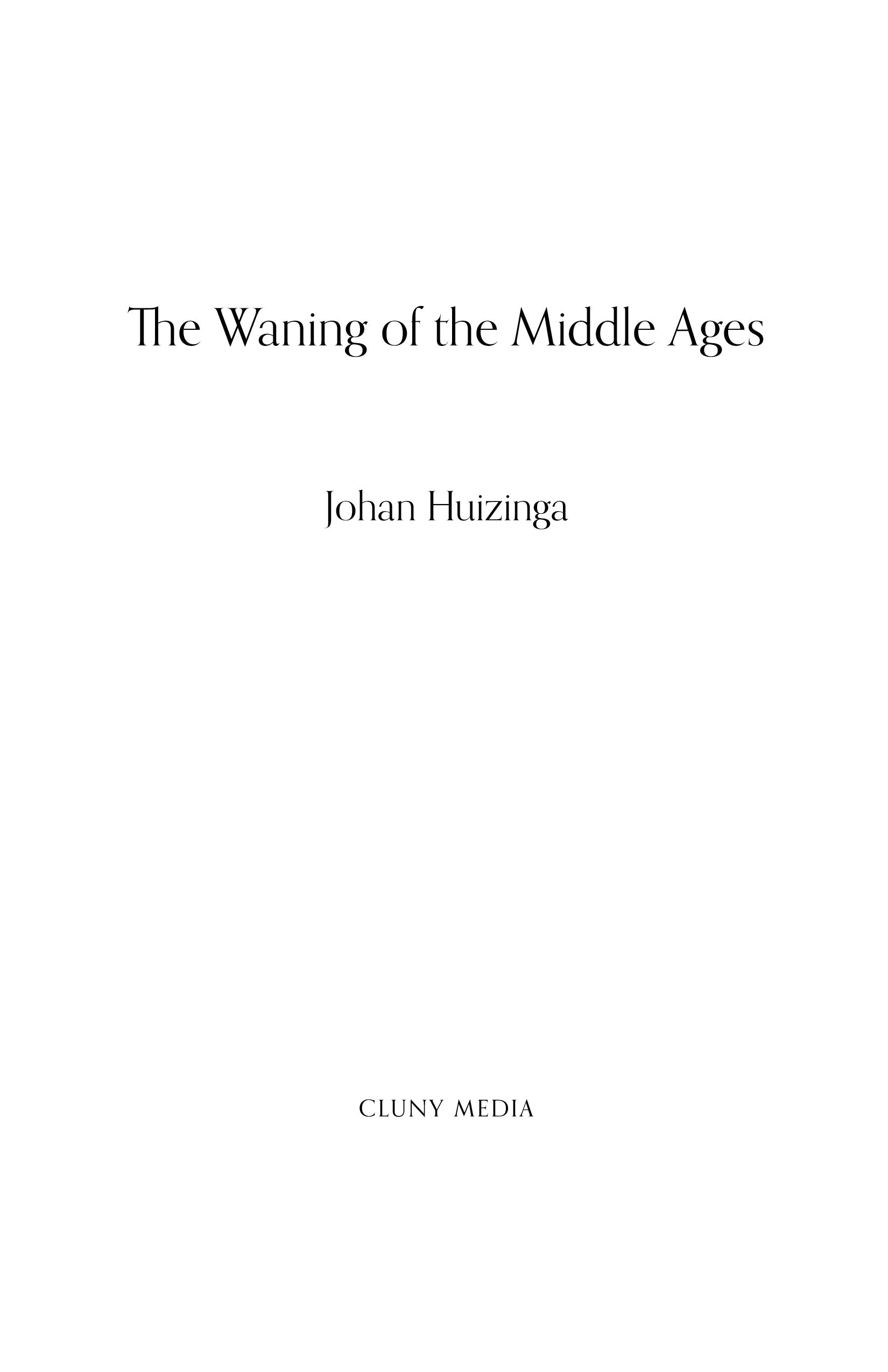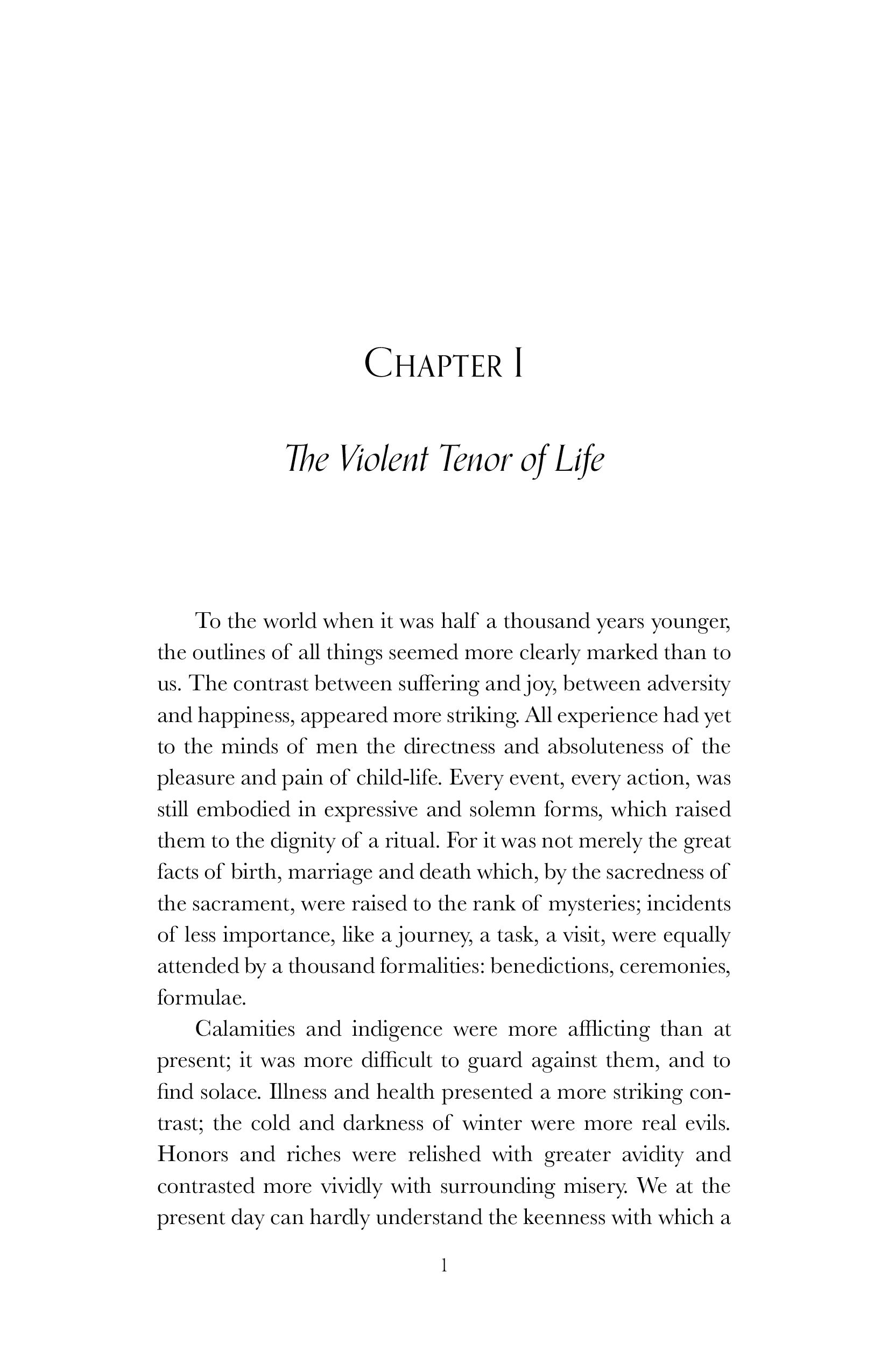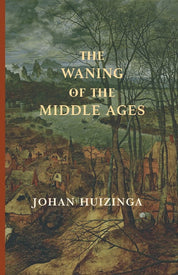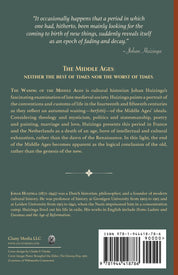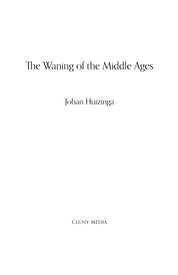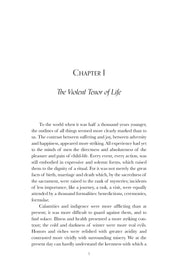The Waning of the Middle Ages
By Johan Huizinga
The Waning of the Middle Ages
The Middle Ages: Neither the best of times nor the worst of times. Huizinga paints a portrait of the conventions and customs of life in the fourteenth and fifteenth centuries as they reflect an autumnal waning—herfsttij—of the Middle Ages’ ideals. Considering theology and mysticism, politics and statesmanship, poetry and painting, marriage and love, Huizinga presents this period in France and the Netherlands as a death of an age, born of intellectual and cultural exhaustion, rather than the dawn of the Renaissance. In this light, the end of the Middle Ages becomes apparent as the logical conclusion of the old, rather than the genesis of the new.
“It occasionally happens that a period in which one had, hitherto, been mainly looking for the coming to birth of new things, suddenly reveals itself as an epoch of fading and decay.” ~Johan Huizinga
Johan Huizinga (1872–1945) was a Dutch historian, philosopher, and a founder of modern cultural history. He was professor of history at Gronigen University from 1905 to 1915 and at Leiden University from 1915 to 1942, when the Nazis imprisoned him in a concentration camp. Huizinga lived out his life in exile. His works in English include Homo Ludens and Erasmus and the Age of Reformation.
Paperback: 406pp.
ISBN: 978-944418786

